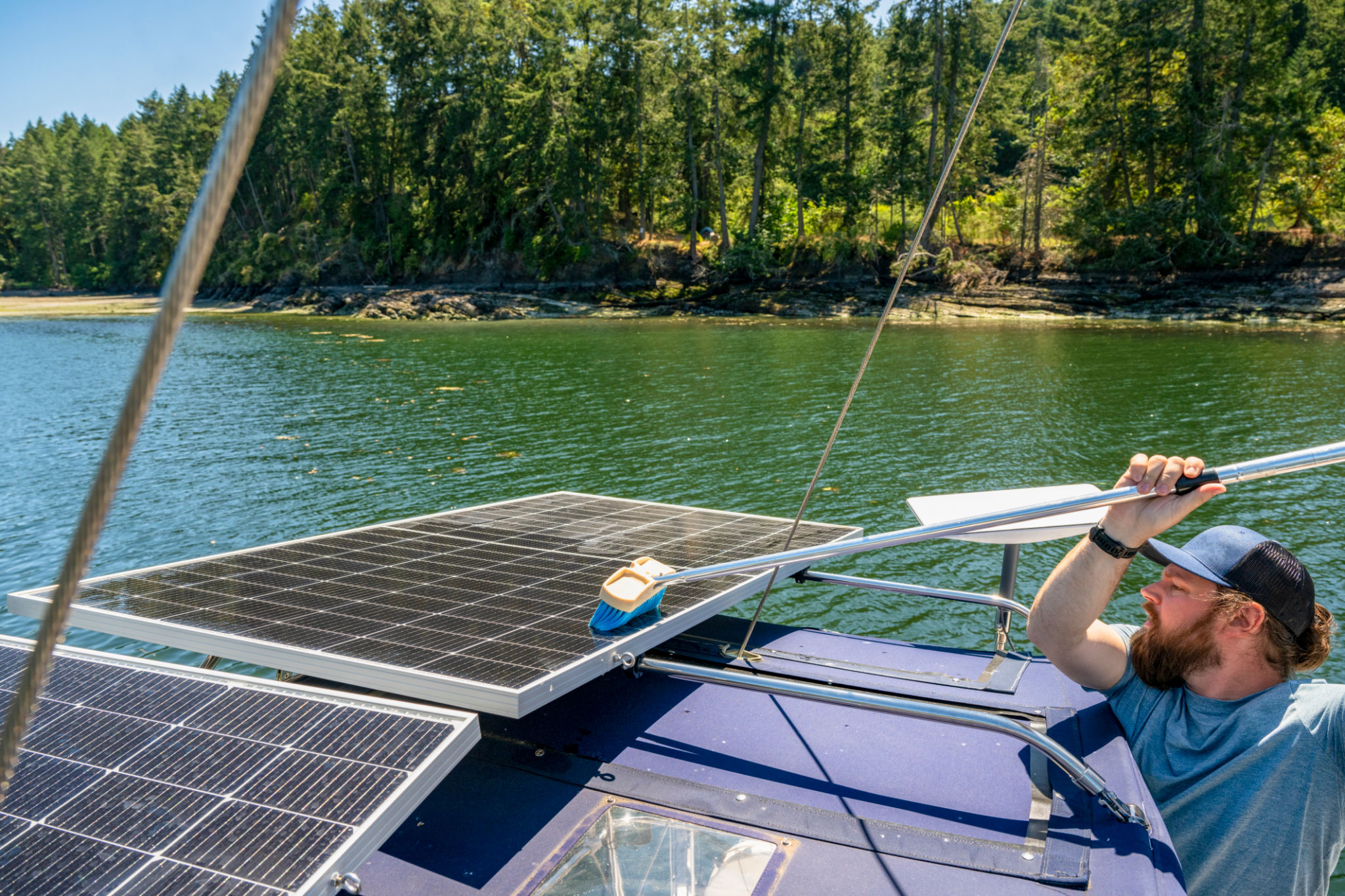Comparing Solar Options: Grid-Tied vs. Off-Grid Systems in BC
Understanding Solar Energy Systems in BC
British Columbia is an ideal location for harnessing solar energy, thanks to its long summer days and commitment to renewable energy. When considering solar power, homeowners are often faced with choosing between grid-tied and off-grid systems. Both options have their unique advantages and challenges, making it essential to understand their differences before making an informed decision.

What is a Grid-Tied Solar System?
A grid-tied solar system is connected to the local utility grid. This means that any excess energy generated by your solar panels can be fed back into the grid, allowing homeowners to earn credits or reduce their electricity bills through a process known as net metering. This system is popular due to its cost-effectiveness and simplicity.
One of the primary benefits of a grid-tied system is its ability to provide continuous power without the need for a battery bank. During cloudy days or at night, when solar production is low, electricity from the grid covers the shortfall. However, this dependency on the grid means that during power outages, your solar system will also shut down unless equipped with a backup power solution.
Exploring Off-Grid Solar Systems
Off-grid solar systems operate independently of the local utility grid. These systems are ideal for remote locations where grid access is either unavailable or prohibitively expensive. With an off-grid setup, you'll need a battery bank to store energy for use when the sun isn't shining. This independence from the grid offers complete self-sufficiency in terms of energy needs.

While off-grid systems provide autonomy and can be more environmentally friendly, they come with higher initial costs due to the need for batteries and additional equipment. It also requires careful management of energy usage to ensure that batteries are adequately charged and can meet household demands during periods of low sunlight.
Cost Considerations
The cost of installing solar systems in BC can vary significantly between grid-tied and off-grid setups. Grid-tied systems are generally cheaper to install because they don't require batteries. Moreover, incentives such as net metering further reduce costs by allowing homeowners to offset their bills with excess energy production.
- Installation Costs: Grid-tied systems typically have lower upfront costs.
- Maintenance: Off-grid systems may require more maintenance due to battery management.
- Long-term Savings: Both systems offer long-term savings, but grid-tied systems benefit from financial incentives.
Environmental Impact
Both types of solar systems contribute to reducing carbon footprints by utilizing renewable energy sources. However, off-grid systems can be seen as more sustainable since they don't rely on fossil fuel-powered utility grids. For environmentally conscious homeowners, this self-sufficiency can be a significant advantage.

On the other hand, the manufacturing and disposal of batteries used in off-grid systems have their environmental considerations, emphasizing the need for recycling and responsible disposal practices.
Making the Right Choice for Your Home
Deciding between grid-tied and off-grid solar systems depends on several factors including location, budget, energy needs, and personal preferences. For those living in urban areas with reliable grid access, a grid-tied system may prove more practical and cost-effective. Conversely, property owners in remote regions or those seeking energy independence might find off-grid systems more suitable.
Whichever option you choose, investing in solar energy is a step toward a more sustainable future. By carefully considering your needs and understanding each system's nuances, you can make an informed decision that aligns with your energy goals.